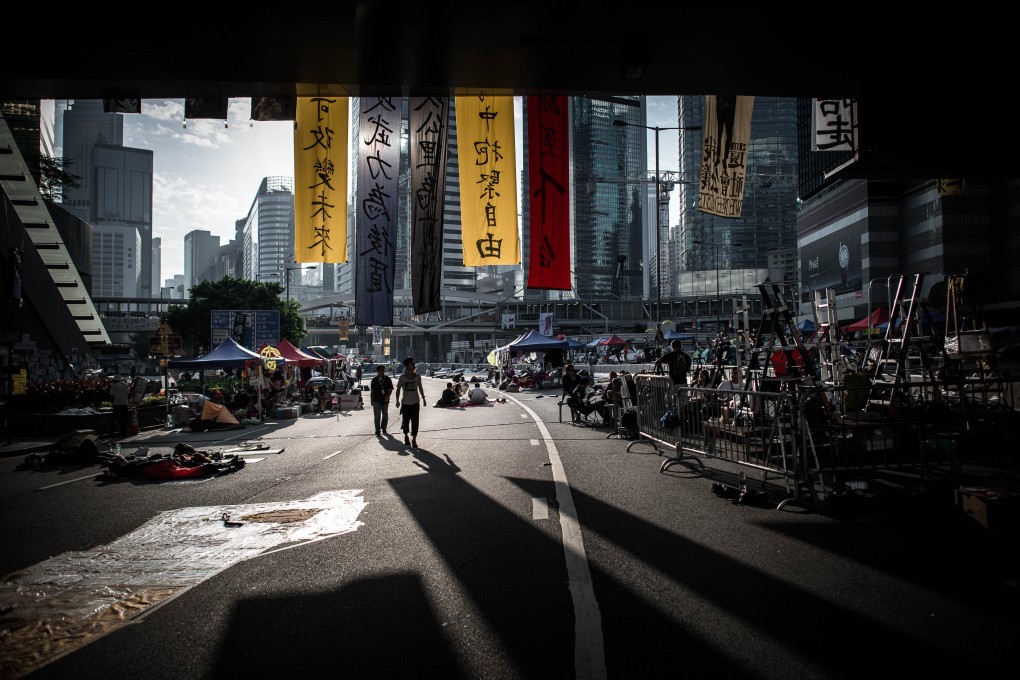Hong Kong protests are a direct challenge to Beijing's rule
Regina Ip says the Occupy protests and the interminable arguments over democracy in Hong Kong are a direct challenge to Beijing's rule. Will 'one country, two systems' hold?

Occupy Central, a civil disobedience movement organised to pressurise Beijing into allowing politicians from the pan-democratic camp to contest the chief executive election by universal suffrage in 2017, has become the biggest crisis facing the government since 1997.
Although long anticipated and decried by the government as an unlawful, destabilising challenge, it still took the administration by surprise by the large numbers mobilised, the way it rapidly spread to the busiest business districts, and the difficulty in brining it to a non-violent close.
Now into the 15th day, it has paralysed traffic in key areas of the city and angered the tens of thousands of people whose jobs and incomes are being affected. Yet protest leaders show no willingness to compromise.
Hong Kong saw much more violent, prolonged and unlawful protests during the 1967 riots, triggered by the Cultural Revolution. Yet, at that time, the government was not hamstrung from taking action because the community spoke with one voice in backing tough enforcement action.
This time, the government's hands are tied as young, idealistic students took the lead in defying the law and issuing unrealistic demands to the government, in the name of democracy and freedom. Tremendous political pressures were exerted on the police after tear gas was fired on September 28 to disperse the crowds.
Last Sunday, after Chief Executive Leung Chun-ying made two televised statements urging the crowds to disperse, the world was watching to see whether there would be a violent crackdown, and, even more importantly, whether Beijing would continue to stay on the sidelines.